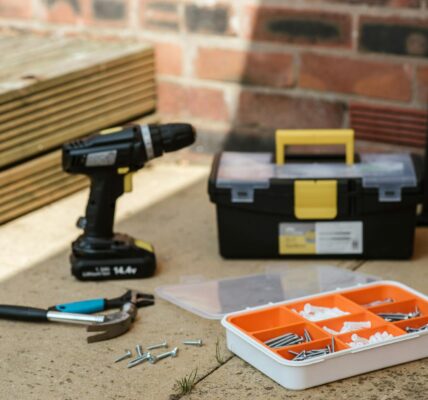Selecting the right access control system for your business is a critical decision that affects the security, convenience, and operational efficiency of your facility. With various options available, businesses need to consider several factors when deciding on the most suitable access control system. This article provides a detailed guide on how to choose the best access control system for your business, considering security needs, scalability, technology, and more.
Assess Your Security Requirements
Before choosing an access control system, it’s important to assess the specific security needs of your business. Consider the following:
- Number of Entry Points: Determine how many doors or access points need to be secured. Some systems are designed for single-entry control, while others can manage multiple points across several locations.
- Level of Security Needed: Different areas of a business might require varying levels of security. Sensitive areas, such as data centers or executive offices, might need more stringent access control methods than common areas.
Consider the Type of Access Control Technology
There are several types of access control technologies, each with its own advantages and applications. Common technologies include:
- Keycard/Proximity Systems: Users present a card or fob to a reader to gain access. This is one of the most common systems, offering convenience and ease of use.
- Biometric Systems: These use fingerprint, facial recognition, or retina scanning for access. They provide a high level of security, as biometric data is unique to each individual.
- PIN Code Systems: Access is granted by entering a unique PIN code. This is cost-effective but may be less secure than other methods.
- Mobile-Based Access: Allows employees to use smartphones or mobile devices to gain access. This system is increasingly popular due to its flexibility and convenience.
Scalability and Flexibility
Choose a system that can grow with your business. If you plan to expand or add more locations, the system should be scalable and flexible enough to accommodate these changes without requiring a complete overhaul.
- Modular Systems: Look for systems that allow you to add new doors or users easily as your business grows.
- Cloud-Based Solutions: Cloud-based access control systems offer greater scalability and can be managed remotely, making them ideal for businesses with multiple locations.
Integration with Other Systems
An access control system should be able to integrate seamlessly with other security systems, such as surveillance cameras, alarm systems, and building management systems.
- Surveillance Integration: Integration with video surveillance can provide visual verification of access events.
- Building Management Systems: Integration with HVAC, lighting, and other building systems can enhance energy efficiency and streamline operations.
User Management and Ease of Use
The system you choose should be easy to manage and intuitive for both administrators and users. Consider the following:
- Centralized Management: Systems with a centralized dashboard allow administrators to manage access permissions, generate reports, and monitor activity in real-time.
- User Experience: The access control system should be straightforward for employees to use, minimizing disruptions to workflow.
Compliance and Data Security
For businesses that handle sensitive data, it’s important to choose an access control system that complies with industry regulations, such as GDPR or HIPAA. This ensures that the system meets data privacy and security standards.
- Encryption: Look for systems that use strong encryption methods to protect data and prevent unauthorized access.
- Audit Trails: A system that logs access attempts and generates detailed reports can help ensure compliance and provide an audit trail for investigations.
Cost Considerations
The cost of an access control system includes not only the initial setup but also ongoing maintenance, upgrades, and potential expansion.
- Upfront Costs: These include hardware (e.g., readers, keypads, or biometric scanners) and software costs. Some systems may require more expensive hardware, while others rely on cloud-based solutions with lower upfront investment.
- Maintenance and Support: Ensure that you understand the ongoing costs for system maintenance and support. Choose a provider that offers reliable technical support and regular updates.
Vendor Reputation and Support
Choose a reputable access control vendor with experience in your industry. Research customer reviews, case studies, and service offerings to ensure that the vendor has a track record of delivering quality solutions. Look for vendors that offer comprehensive customer support, including technical assistance, training, and maintenance services.
Selecting the best access control system for your business involves evaluating your security needs, scalability, technology options, and integration capabilities. By considering factors such as user management, compliance, cost, and vendor support, businesses can choose a system that enhances security while ensuring operational efficiency. A well-chosen access control system not only protects your assets but also offers flexibility and scalability as your business evolves.
Hey there! I’m a self-proclaimed Twitter addict and an unapologetic coffee lover.









